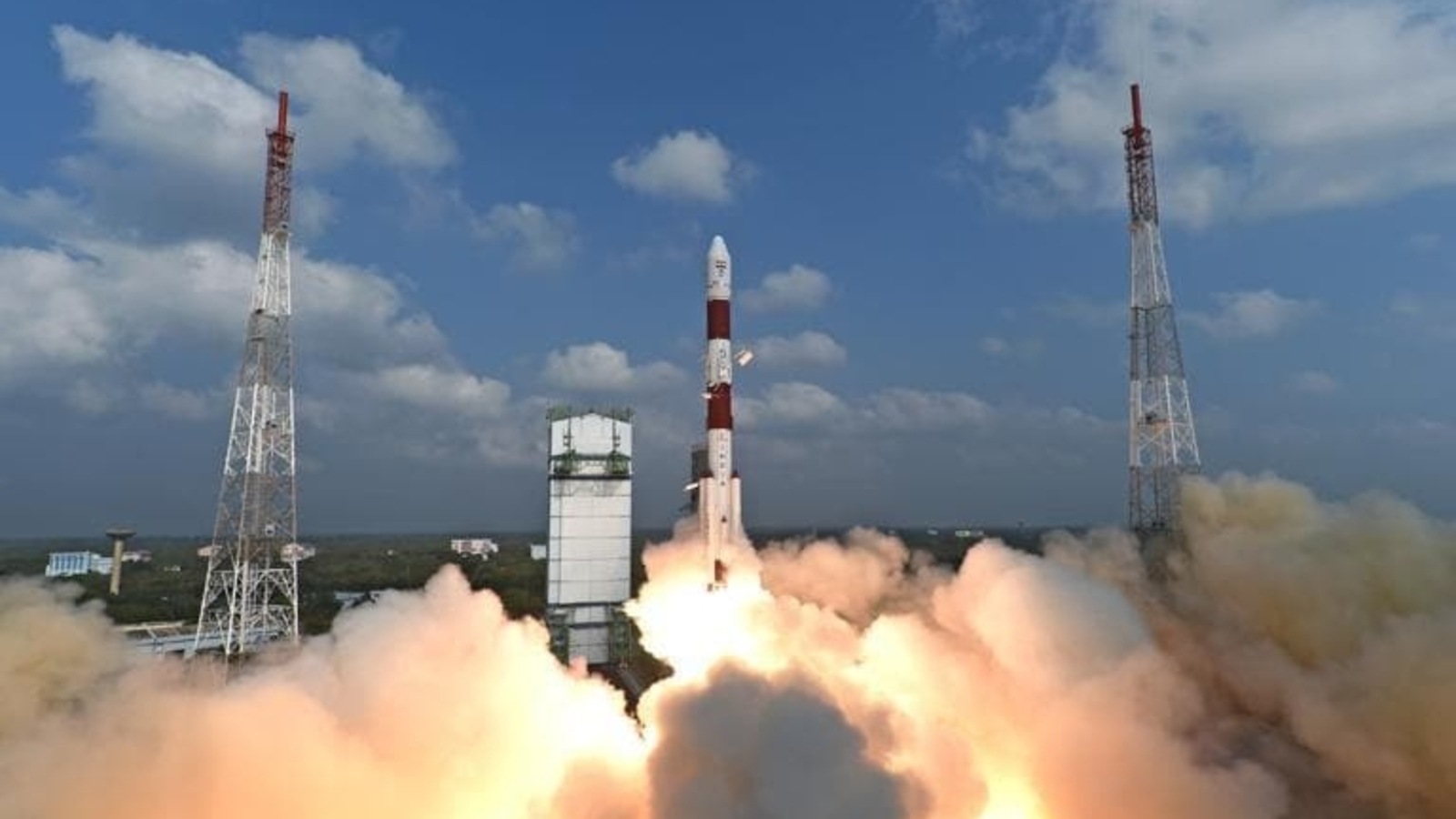ISRO: AzadiSAT satellite, built by 750 girl students, set to launch
ISRO is all set to launch on AzadiSAT satellite on August 7 to mark 75th year of Independence. Here’s more about it.
To mark the 75th year of Indian Independence on August 15, Indian Space Research Organisation (ISRO) is all set to launch the indigenous AzadiSAT satellite.
Part of the Azadi Ka Amrit Mahotsav initiative started by Prime Minister Narendra Modi, the AzadiSAT satellite will carry 75 payloads developed and built by 750 girl students from various institutions across India, ISRO chairman ISRO chairman S Somnath said during a joint meeting of science departments and ministries lead by Science & Technology Minister Jitendra Singh. The satellite will be launched into a Low Earth Orbit LEO at 9:18am on August 7 from the Satish Dhawan Space Centre in Sriharikota.
AzadiSAT is the fruit of ISRO’s attempts to encourage female students across India to pursue a career in engineering, science, technology and mathematics. The satellite as well as the ground system for the communication and telemetry of this launch has been developed by a student team at Space Kidz India.
Rifath Sharook, Chief Technology Officer at Space Kidz India told PTI, “This is the first of its kind space mission with an all-women concept to promote women in STEM (science, technology, engineering, and mathematics) as this year’s UN theme is ‘Women in Space’.”
The primary payload carried by the AzadiSAT is an Earth Observation Satellite (EOS-02) which is an optical remote sensing satellite capable of providing thermal information about thermal anomalies in various fields. The other payloads which include UHF and VHF transponder, a selfie camera and more, will each weigh approximately 50 grams which will be carried by the 8kg satellite with the help of ISRO’s new Small Satellite Launch Vehicle (SSLV). SSLV has been indigenously developed for small payloads and enables ISRO to schedule on-demand launches.
The SSLV is a 3-stage vehicle which utilizes solid propulsion technology. The launch vehicle is capable of delivering up to 500 kg payloads to low Earth orbit or 300 kg payloads to the Sun-synchronous orbit.
This will be a maiden mission for the AzadiSAT as well as the SSLV, pushing India’s boundaries of space exploration.
For all the latest Technology News Click Here

